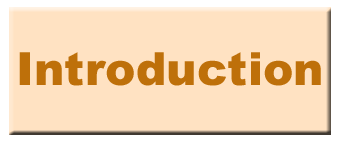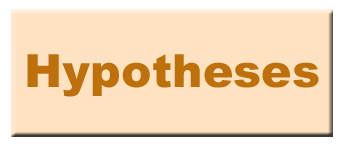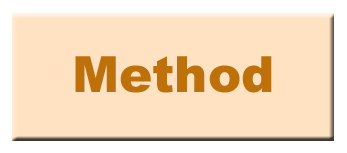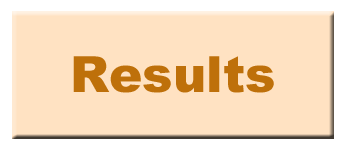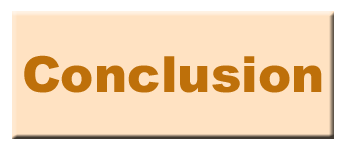Executive Summary
The current study analyzes college students' textbook acquiring habits. As current college students, we know there are multiple ways to purchase a textbook for a course. With this in mind, we wanted to find out how the majority of DePaul students get their textbooks. We looked at their main ways of obtaining their books whether they rented or bought and where they rented or bought from. By completing this study, we hoped to find significant results about textbook obtainment that can apply to the majority of DePaul's student body.
The problem at hand is the ever-increasing rise in textbook prices. Because of the increase in prices, college students are now seeking alternatives to look for the cheapest route of obtaining required textbooks for their courses. Our study can help students by directing them to the best possible route for getting textbooks for convenience to them. Previous literature focused on textbooks prices, online attitudes, and gender-specific textbook buying habits. By utilizing these previous articles, developing hypotheses for testability became easier by seeing the trends.
We created an online survey to gather the data needed for measuring how students typically gather their textbooks. This convenience survey collected students' preferences for obtaining textbooks as well as ask for demographic information. Based on previous literature and our own obtainment habits, we hypothesized that DePaul students are more likely to buy or rent textbooks from online retailers than buy or rent from the campus bookstore, DePaul students decide to buy or rent textbooks online over the campus bookstore because of the price differences, lowerclassmen will be more likely to buy or rent textbooks from the campus bookstore than upperclassmen, and finally DePaul students are overall more likely to rent their textbooks. Because this study is limited to DePaul students, we cannot fully grasp the way in which all college students obtain their textbooks, however this does give us viable explanations and findings for our own local sample.
According to our data, the majority of students, including upper and lowerclassmen, preferred to buy or rent their textbooks from an online source, rather than to purchase or rent from the DePaul bookstore. Our results show that 52% of our participants preferred to buy textbooks online and additional 16% chose to rent from an online source, thus supporting our first hypothesis. The motive for purchasing and renting textbooks online is because of the price differences and the amount of money students save. From our survey results, over 80% of our sample participants indicated that DePaul chose to buy or rent online in comparison to store bought purchases. This supports our second hypothesis. In contrast to our third hypothesis, survey results showed no significant difference between upper and lowerclassmen and their rent and buy purchases from the DePaul bookstores. For our fourth and final hypothesis, results showed students prefer to purchase their textbooks rather than renting them.


